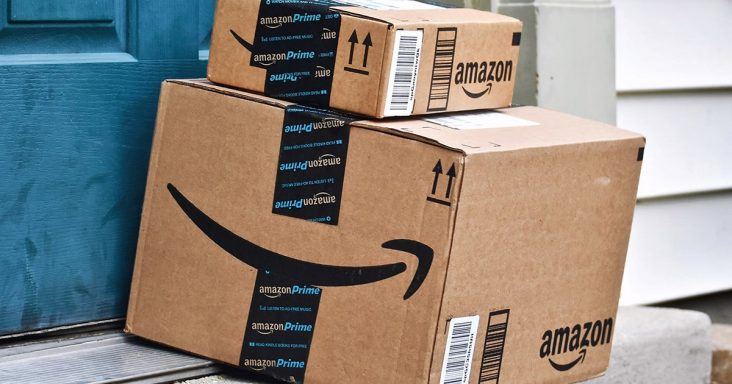Amazon, Chick-fil-A and Google rank among most-trusted U.S. brands
by January 14, 2020 4:52 pm 1,299 views

Consumers are fickle with plenty of distrust in the marketplace. That said, several American companies recently were ranked among the most trusted brands by Morning Consult marketing. The survey evaluated 100 top U.S. brands and asked consumers in four age demographics to rate them on trustability.
The top quartile among all age groups named U.S. Postal Service No. 1 at 42%, Amazon was second at 38.8% and Google came in at a close third with 37.9%. PayPal, Weather Channel and Chick-fil-A round out the top 5 most trusted brands among all four age groups. AAA, National Geographic and Netflix also made the top 25 for the combined age demographics.
Age demographics in 2019 were: Gen Z, ages 7 to 22; Millennial, ages 23 to 39; Gen X, ages 40 to 54; and Boomer, ages 55-75.
Three retailers made the top 25, counting Amazon. Home Depot was No. 24 at 32.6%, and Walmart was No. 25 at 32.5%. Walmart CEO Doug McMillon has said becoming the world’s most-trusted retailer is a core mission for the retail giant. He has said a level of trust doesn’t happen overnight, but it is earned through years of delivering on customer needs and surpassing their expectations.
Several consumer brands also made the top quartile with Hershey at No. 7, Cheerios at No. 9, and M&M’s at No. 10. Dove and Tide, tied at No. 11 with Ziploc, and Clorox at No. 12 and No. 13, respectively. Other consumer goods companies in the top quartile include Tylenol, Colgate, Crest, Heinz and Campbell’s.
Shippers who deliver millions of packages to a growing class of online shoppers also indexed well in this year’s report. While the U.S. Postal Service headed the list, UPS tied for No. 7 with Hershey, and FedEx ranked No. 15.
Gen Z and Millennials hold brands to higher standards than previous generations. The report found 38% of Gen Z and 49% of Millennials said they tended to trust American companies until the company does something to disrupt the trust. Conversely, 63% of Boomers said they trusted American companies until they were given a reason not to. However, 45% of Gen. Z and 41% of Millennials agree with the statement, “I need to know that a company is run in an ethical and responsible manner if I am going to trust them,” compared to 37% of Boomers, the report states.
Amazon was the No.3 most-trusted brand among both Gen Z and Millennials, while no major food companies ranked in their top fives. Gen X also had Amazon at No. 3 but Amazon did not make the top 25 among Boomers.
The Gen Z consumers have far more entertainment companies as their most-trusted brands than the other demographics. YouTube, Playstation, Nintendo, Hulu, Marvel Studios Apple and Pixar all made the top 25 list for the youngest consumers. This demographic also put Walmart at No. 13, higher than any other group. Target came in at No. 6 and Amazon No. 3 with Dollar Tree No. 25 at 34.9%.
Millennials included far more consumer packaged goods brands than the younger group. They like Amazon and Target which ranked above Walmart. But they prefer Android to Apple. The group also included Disney and Samsung in addition to Netflix and YouTube as entertainment brands.
Gen X snubbed Walmart and Target in their top 25. This age group had far more consumer packaged goods brands than any other demographics. They also ranked Google high at No. 2, while the two younger generations put Google first on their most trusted list.
Boomers snubbed Walmart in the top 25, choosing Walgreens, Home Depot and Amazon as the only three retailers to make the cut. This demographic cited a few brands that were not among the younger cohorts. Those included AARP, Scotch, Reynolds and General Mills. Chick-fil-A was the only restaurant brand to rank in the top 25 of all four age demographics.
The survey noted reliability is a key driver of brand trust with 69% of respondents saying brands must consistently deliver on promises made. Consumers are also looking for transparency and ethics in sourcing and impact on the environment. Consumers also expect personal data to be protected at all costs and they have little tolerance for data breaches and public scandals, the report states.
